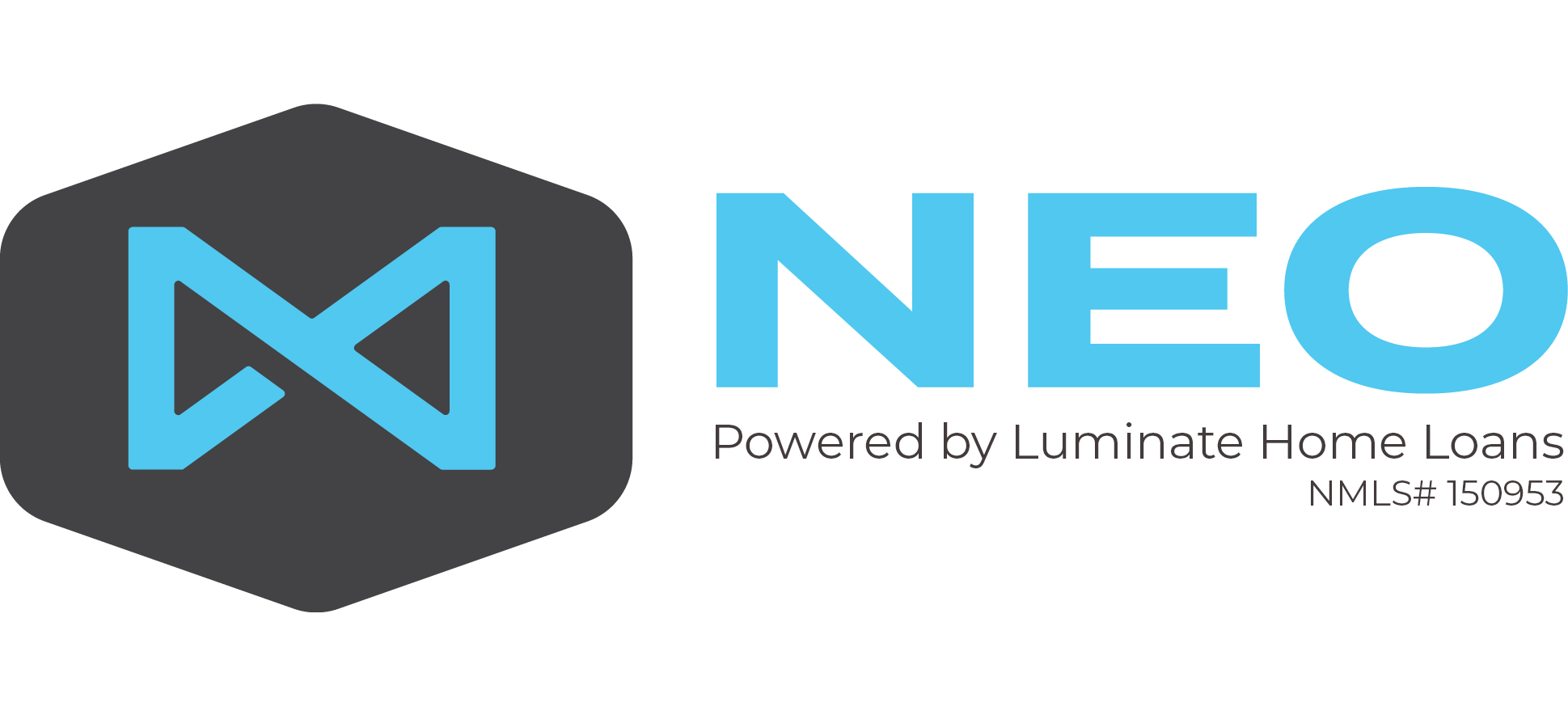When we are asked by our customers about whether to pre-pay their mortgage or not you would think the answer would be yes, right? Well, not always…like anything, it depends. Here is what we typically explain to our customers interested in pre-paying their mortgage.
1. Do you an emergency fund?
If you are living pay check to paycheck and have a little of extra money you are looking for a place to put it, don’t use it to pre-pay your mortgage loan. The first thing we recommend you do with an discretionary funds you have would be to establish an emergency fund. Just imagine that you take the extra little bit of money you have each month and you use it to pre-pay your mortgage. You have been doing this faithfully for 14 months when all of a sudden you have a major mechanical issue on your car. You take it to the shop and determine it is going to cost you $3,500 to make the necessary repairs. If you have been applying all of your extra money to your mortgage and living paycheck to paycheck where will the funds come from to make this costly repair?
So the next question that comes up is how much money should we have in our emergency fund? There are differing opinions on that by my recommendation is at least 3 months of living expenses and ideally 6 months. This will allow you a buffer in case of an auto repair like this or even a medical issue that requires some time off of work.
2. Where can you maximize your money working for you?
Do you have an employer matching program for retirement contribution? A lot of companies still offer these types of programs and provide a certain percentage match for the first X% of your annual income. For example if an employer has a 50% match program for the first 3% of your annual income and you make $50,000 per year you can contribute $1,500 and your employer will give you $750 to match your contribution so you now have $2,250. The math is simple…in fact there is no math, your effective rate of return on your money is an immediate 50%! If you could save the rate on your mortgage (probably in the 4% or 5% range) or make 50%, which would you prefer? I would prefer making 50%!
Maybe you don’t have a matching plan at work. Maybe you work for a company that has dropped that benefit due to the economy, you work for a small company that doesn’t have those benefits or your are self-employed. What other channels can you use to maximize your money? Contributing to a ROTH IRA, IRA or some form of retirement will likely earn you more money in the long run than pre-paying on your mortgage. It might be worth a conversation with a financial planner and or CPA to discuss.
3. Can you reduce higher interest rate debt?
The answer to this question is similar to the question #2. If you can save 15% or you can save 5% which would you prefer? I would prefer to save 15% instead of 5%. Take a look at your current debts. Do you have any credit cards, auto loans, student loans, or any other debts that you are paying a higher interest rate on than compared to your mortgage? If so, pay those debts of first. It doesn’t make sense financially or mathematically to pay off a mortgage at a 4.5% rate before you pay off a credit card charging you 15% interest.
4. Now should I pre-pay on my mortgage?
Yes. If you have an emergency fund set aside with 6 months worth of expenses, you have maximized your retirement contributions through employer match programs or tax benefits, and you have paid off higher interest rate debt then now is the time to look into paying down your mortgage. Unfortunately, 90% of us are not in that position and therefore pre-paying on our mortgages does not make sense. But, if you are one of the few who has done things right, then pre-pay your mortgage and eliminate that debt!
But wait, I need the tax deduction! I hear this as an objection to paying down or off a mortgage. Any tax benefits you receive for having a mortgage will likely not outweigh the cost of the mortgage interest you pay. I would rather take a 0% deduction on my taxes and pay a 0% rate (because I paid off my mortgage) than to get a X% (based on your tax braket) deduction on my taxable income by paying 5% on a large outstanding mortgage debt. I am not a tax consultant or CPA so if you would like to analyze this for your particular situation, please consult your CPA. My opinion is to pay it off!
Now What?
Over the following weeks we will provide you some mortgage pre-payment strategies to help you in paying off the mortgage debt as soon as you can. We enjoy the opportunity to help you eliminate the debt we helped you obtain. Buying a home is a great feeling but paying off the mortgage that helped you do it is even better!



